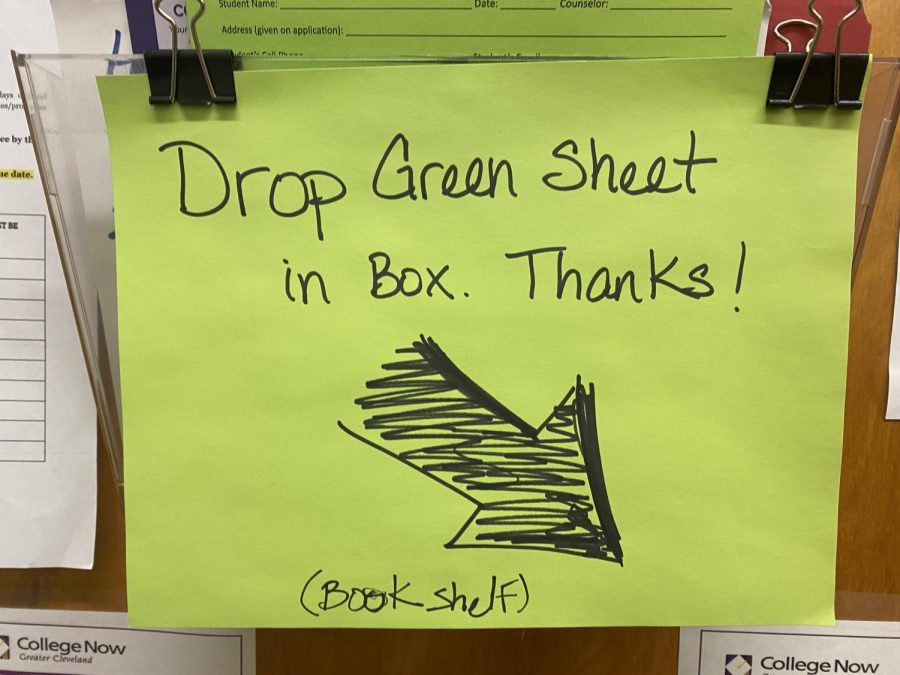The following quotations were compiled from email interviews with teachers regarding extra credit policies.
“For the last twelve years, in my courses any assignment, quiz, or test can be retaken up until the end of the quarter. The new grade replaces the old grade with no penalties. Why? For me it comes down to what assessment means. Assessment should be a reflection of a student’s mastery of material or skills. The fundemental inequity of not allowing retakes is the assertion that all students should learn the same, at the same rate, so that at one point in time all the children in the class are expected to have mastered a certain concept.
Learners are different. Consider the concept of verb conjugation. I just gave a skill test in German 1 on verb conjugation. Not all the students tested proficient. I didn’t expect them to. Some students will natively acquire and process language learning easily and for others the metacognitive awareness of language construction will be challenging. I don’t expect all my students to be the same. But I do expect them all to learn. So the students that did not test proficient are expected to come to conferences. We can work together in a small group setting to approach conjugation in different ways until I am confident and they are confident that they have mastered the skill. Then they take a new form of the skill test. This new grade replaces the old one.
This has two effects. The first, is that it makes the grade meaningful. Let me explain. Let’s say that the student failed the skill test, came to conferences and learned the skill. On the grade book they have still failed conjugation. This grade becomes a static relic and does not reflect what the student actually knows. The retaken grade is a more accurate indicator of the student’s mastery of topic.
I mentioned that this teaching strategy has two effects. The second effect is that it puts the onus of achievement solidly on the student. If they try and don’t succeed, they aren’t punished for it. They can try again. I’m a teacher. I love teaching. I want all my kids to learn. For me, learning is about the journey, and each student’s journey is individual. Some will go quickly, some will need more support or just more practice or time. By offering them retakes any student can succeed in my class if they choose to. They determine their level of success, because if they are not happy with how they have done, they can keep coming in and trying. And trying. And trying. Until they get it. Because that’s what it’s all about, isn’t it?
That being said, it’s not a blanket policy. This won’t apply in all disciplines the way it does in mine. There are areas of learning where hard deadlines and final grades are components of the learning process and essential skills for students to learn.” – Keith Szalay, German teacher
“My view on extra credit is that it a useful tool in motivating students to be conscientious. I try to give extra credit for meeting deadlines early and for being in class on time. I have designed my extra credit so that it ‘boosts’ a students grade (i.e. takes them from an 89% to a 90%) rather than ‘inflate’ (going from an 85% to a 90%). The few points I give help to make up points missed on a missed homework assignment or a late penalty on an assignment.
I do not make extra credit assignments. If students are not satisfied with their grade, it is because they need to learn the material. I encourage them to make up outstanding work in conferences and to complete test corrections so that they can relearn the material and show that they understand the course content. The points they earn back show that they have learned the content, thus increasing their grade.” – Silvia Sheppard, history teacher
“My reflections on grade inflation via extra credit:
You cannot blame students for obsessing about grades because the ambitious student knows only too well that GPA and high grades in tough courses will give her a shot at a very selective college, awards, scholarships, prestige.
What is a very unfortunate and certainly an unintended consequence of this competitive quest is that we are certainly not talking about learning when we focus on grades and/or getting a higher grade via extra credit.
In fact, if our deepest concern is learning, a concern about “the grade I’m going to get” fades. In this context, you only need a grade if you are aiming to do something that requires demonstrated mastery, i.e. a future orthopedic surgeon needs to demonstrate her competent knowledge of every aspect of our skeletal architecture.
For most learning experiences, no grade is needed.
Perhaps you see where I am going: for the most part we don’t need grades. In fact, grades have, in my opinion, done far, far more harm than good. Extra credit likely removes us one step further from what we should be about: genuine, engaged learning. But this is a dream awaiting a totally reconfigured educational system. May we get there!” – Paul Springstubb, English teacher
“My opinion on extra credit has always been consistent for the past 26 years: I feel that the things students do for “extra” credit can be extremely valuable, such as going to lectures or memorizing poetry. Since I can never address the literature interests of every student in one class, and since other literary interests are just as valuable as some of the things we do in the class itself, I feel that extra credit offers a valuable means of motivating students. In fact, extra credit can help raise a lower grade enough that the student actually becomes MORE motivated to do well on the regular classwork. So I don’t have a problem with extra credit raising a grade. The things I do in the classroom are valuable, of course, but they are not the only things that could be considered valuable and important in an English class. I appreciate it when a student wants to go out of his or her way to engage in literary interests on their own, so I don’t mind giving extra credit. Of course, extra credit could be abused, so I always set a limit on how much one can get over the course of a semester. A student can earn as much extra credit as they would get in one in-class essay. I feel that the points can help especially when a student isn’t as strong in a particular area in class; they still have an opportunity to achieve a grade that might be more reflective of theiir motivation and overall interest.” – Chuck Kelly, English teacher






Jacob Grisaffi | Dec 17, 2013 at 1:28 am
Thank you very much for writing this article about extra credit and what different teachers thought about it. I had to write a paper about this topic and this article helped me a bunch. Thank you very much for all the helpful information. Loved it. I wouldn’t have been able to do it without your editorial.
Jacob
9th grader